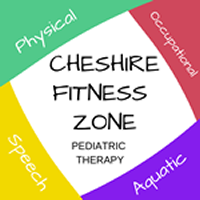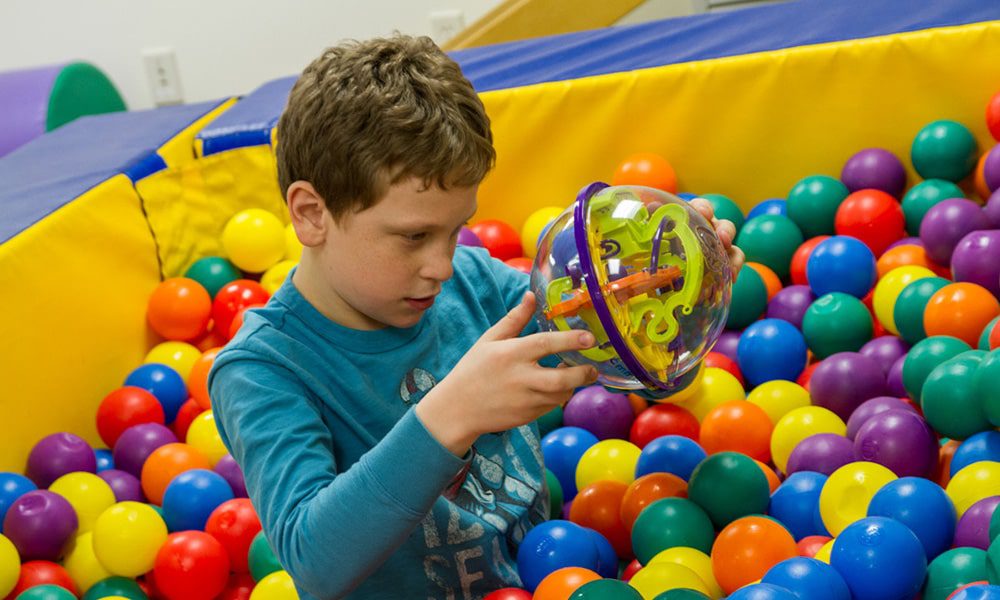Researchers have written extensively on how aquatic therapy can assist children with special needs. Most, if not all of them, seem to agree that indeed, aquatic therapy sessions can go a long way to help children with special needs lead normal lifestyles. They also agree for a fact that the success of aquatic therapy on any child largely depends on the skills of an aquatic therapist. The therapist must first know the basics of aquatic therapy.
The therapist must also have what it takes to deal with special needs children, not just inside the pool but in any environment. Anything other than that can easily mean the therapy sessions a special needs child is enrolled to may take ages to yield fruits. So just how can effective and well planned aquatic therapy sessions benefit children with special needs? Read on to find out!
Sensory coordination
Water has several unique properties that can help a special needs child to enjoy his or her treatment and respond to the treatment in question well. Take the hydrostatic pressure the pool water has for instance. It provides a blanket of ample pressure to the patient’s largest organ – the skin. This goes a long way to help the patient’s central nervous system coordinate messages with ease. This often takes a few months to develop which is certainly worth it.
Development skills
Development skills form a huge part of growth in children. One should therefore be concerned anytime a young loved one takes long to crawl or take the first steps. You must however not be worried should delays in your child’s developmental skills be as a result of something like Attention Deficit Disorder, Autism or any other condition branded as ‘special needs’. Aquatic therapy can easily assist your child grow well though the normal phases that will ensure he gains the required development skills.
Buoyancy, which is a vital part of aquatic therapy, can assist your child learn basic development skills. This can also be a bonus if your child loves water. He will certainly be motivated to learn in an aquatic environment. Before long, he will be able to work on development skills like rolling, jumping, crawling and walking. Cases have been reported of children who show up for treatment shaking their hands, diverting gazes or walking on their toes. They then leave each session organized and ready for the next routine.
Social interaction
This is where aquatic therapy in CT goes into treatment and turns into fun. Make no mistake about this, it is part and parcel of the treatment. If anything, it is one of the most important phases of aquatic therapy. Other children with special needs are simply encouraged to interact with others in the pool. Of course, this is usually under supervision. In the process they acquire interpersonal skills. They can trade toys, high five each other, point and use gestures and copy each other. Note that the session is also aimed at helping the children acquire other vital skills such as vestibular proprioception, motor planning, cognitive skills and re-pattering of reflexes.



